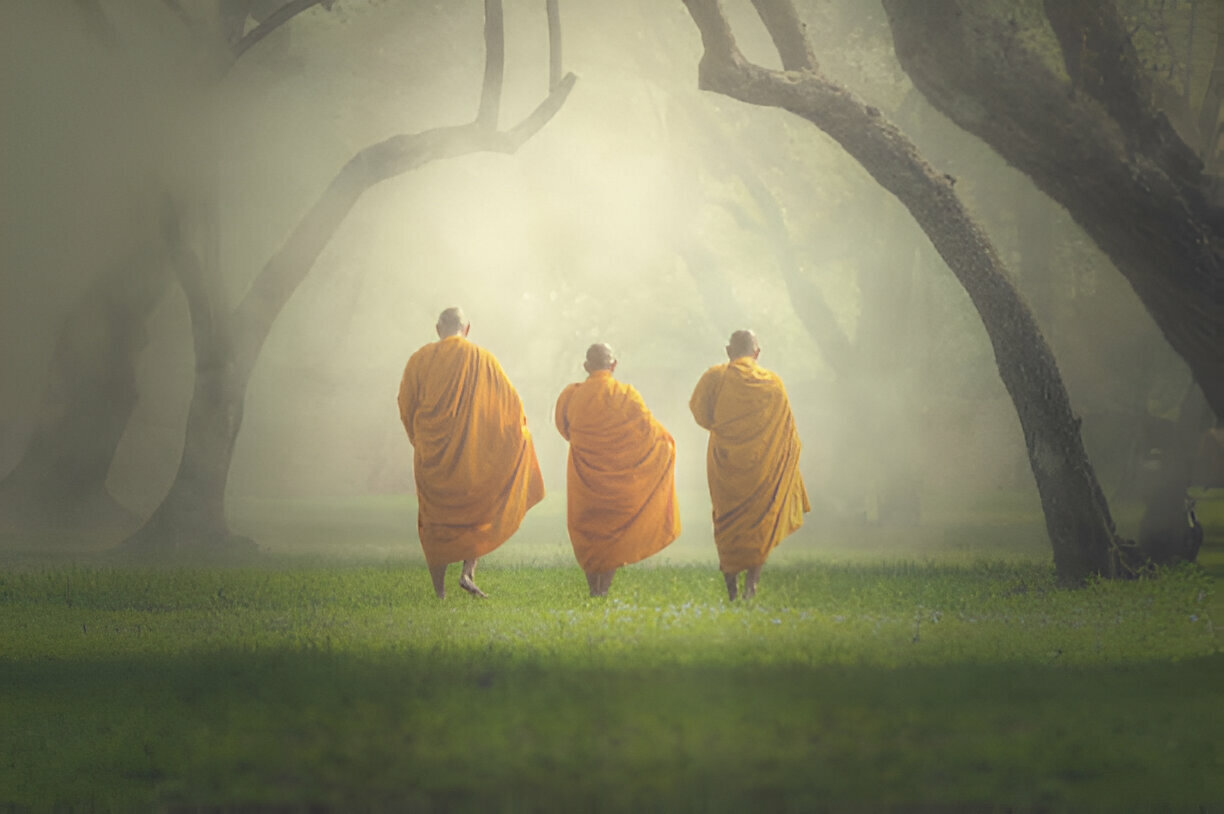Nestled within the northernmost location of India, Ladakh stands as a beacon of Buddhist culture and subculture. Amidst the stark beauty of its rugged terrain, Bikshu’s journey encapsulates the essence of Ladakh’s enduring spirit.
The Cradle of Tradition Ladakh, frequently known as ‘Little Tibet’, is home to historical monasteries and a manner of life that has remained unchanged for centuries. The Bikshu’s day-to-day habits are steeped in their way of life, from early morning prayers to meditation and community service.

The Winds of Change However, the winds of modernity are sweeping thru Ladakh. With elevated connectivity and tourism, the vicinity is experiencing a cultural metamorphosis. The Bikshu witnesses this variation, balancing the upkeep of his historical past with the inevitable march of progress.
A Harmonious Blend The genuine journey of the Bikshu lies in navigating this sensitive balance. Ladakh serves as a testament to the opportunity of a harmonious combo between way of life and modernity, wherein ancient expertise coexists with new-age advancements.
What are some lesser-known aspects of Bikshu life?
Bikshus, usually called Buddhist priests, lead lives that can be rich in subcultures and subjects. Here are a few lesser-known factors of their lives:
Alms-Begging: An essential exercise for Bikshus is begging for alms. This act isn’t always just about sustenance; it also serves as an exercise of humility and a way to hook up with the network.
Mental Discipline: Beyond the visible rituals, Bikshus have interaction in rigorous mental education to triumph over afflictions and cultivate mindfulness and compassion.
Community Service: While personal enlightenment is a purpose, Bikshus also devote themselves to serving others, teaching, and providing religious guidance.
Artistic Expression: Some Bikshus express their devotion via artistic approaches like sacred chants, complicated mandala creations, or even Buddhist script calligraphy.
Environmental Stewardship: Many Bikshus are involved in environmental conservation efforts, recognizing the interdependence of all dwelling beings and the importance of preserving nature.
These elements spotlight the depth of dedication Bikshus need to their spiritual route and the various ways they make a contribution to their communities.

The role of meditation in their lives.
Meditation is a cornerstone of Bikshu’s lifestyle, serving a couple of roles:
Spiritual Development: Meditation is a methodical practice geared toward achieving internal purity and religious liberation.
Mental Discipline: It allows for cultivating intellectual cognizance, mindfulness, and overcoming intellectual afflictions.
Daily Practice: Bikshus spend a big component of their day in meditation, reflecting the significance of this practice in their spiritual journey.
Community Connection: Through meditation, Bikshus expands compassion and empathy, which might be crucial for his or her interactions with the community.
Teaching and Guidance: Experienced Bikshus regularly manual others in meditation, sharing their insights, and assisting others on their non-secular course.
Overall, meditation isn’t always only a practice but a manner of lifestyle for Bikshus, deeply integrated into their day-to-day exercises and religious quests.
Conclusion
As Ladakh maintains to adapt underneath the’shadow of the dragon’, it stays a land where way of life breathes existence into modernity, and in which a Bikshu’s adventure is going beyond mere physical barriers—it becomes a pilgrimage of the soul.







+ There are no comments
Add yours